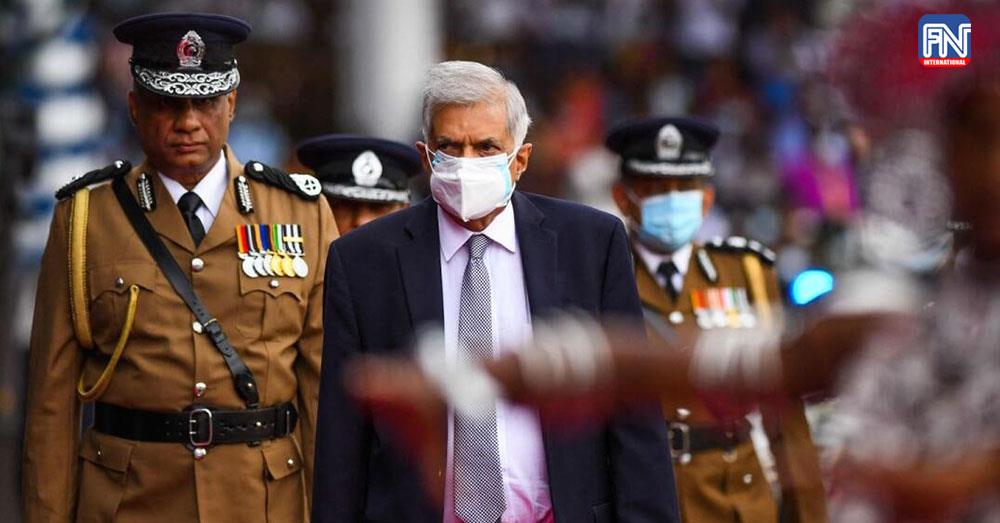GENEVA, Sep 6 (AFP) - Sri Lanka must immediately reverse its "drift towards militarisation" and prosecute those responsible for leading the country to its unprecedented economic crisis, the United Nations said on Tuesday (Sep 6).
The South Asian island nation has suffered acute food and fuel shortages, lengthy blackouts and spiralling inflation this year after running out of foreign currency to import essentials.
The crisis sparked months of protests against the government over economic mismanagement, culminating in a huge crowd storming the residence of the then-president Gotabaya Rajapaksa and chasing him from the country.
His successor Ranil Wickremesinghe has since taken a hard line against demonstrations, violently demolishing a protest camp in downtown Colombo and arresting leading activists.
"The new government should immediately reverse the drift towards militarisation, end the reliance on draconian security laws and crackdowns on peaceful protest," the UN Human Rights Office said in its latest report on the country.
Sri Lanka defaulted on its US$51 billion foreign debt in April and is in final negotiations for an International Monetary Fund bailout.
Rajapaksa's government was accused of introducing unsustainable tax cuts that drove up government debt and exacerbated economic problems just as the country was struggling with the impact of the COVID-19 pandemic.
The 73-year-old issued his resignation from abroad after fleeing the country in July, but he flew back to Colombo on the weekend and was garlanded with flowers by political allies on his return.
He is now living in a new official residence with a security detail, both provided by Wickremesinghe's government, to the dismay of protest leaders who campaigned for him to face legal action.
Former UN High Commissioner for Human Rights Michelle Bachelet, whose term ended last month, said in Tuesday's report that those responsible for bankrupting the country should be brought to justice.
"The High Commissioner hopes that the new administration will respond to the popular demand for accountability for economic crimes, including corruption, and abuse of power with a renewed commitment to end impunity," she said.
